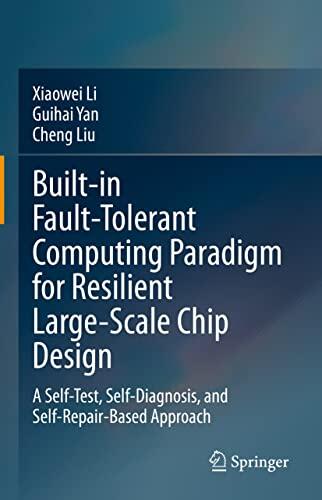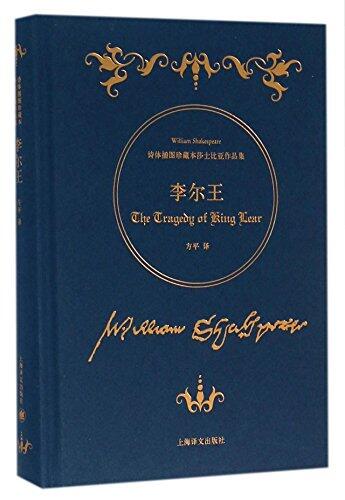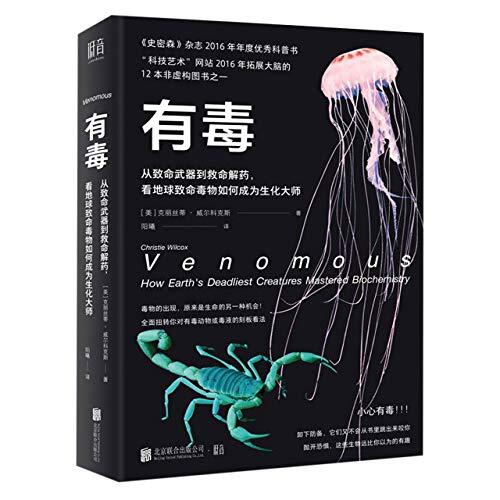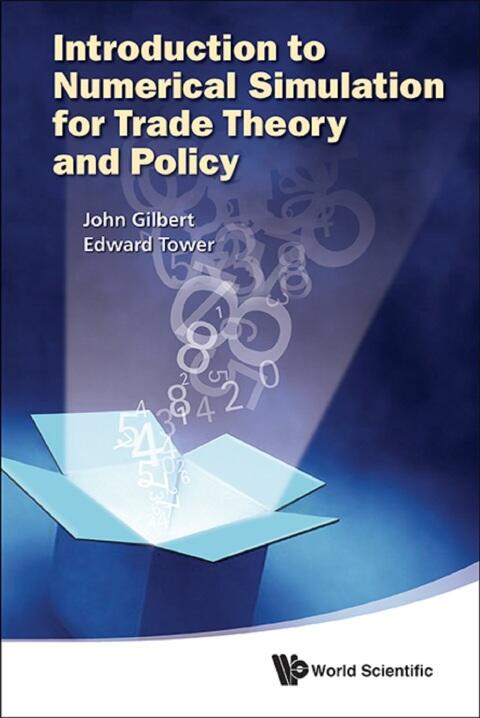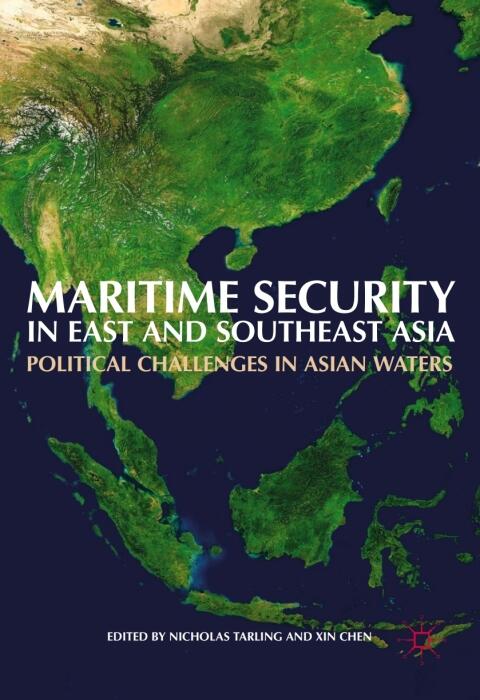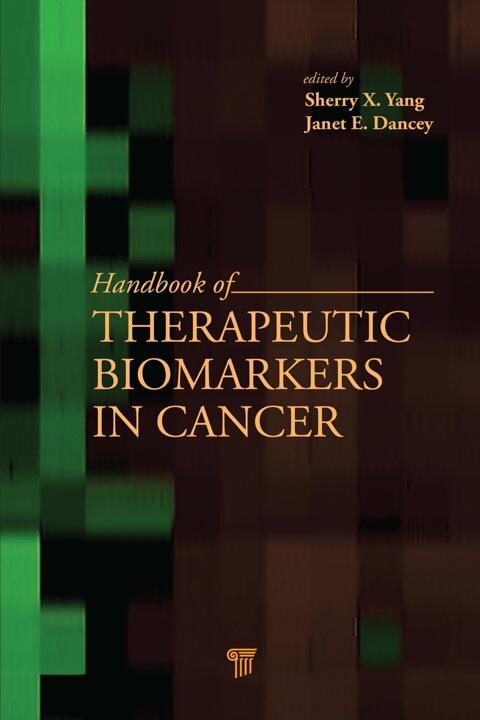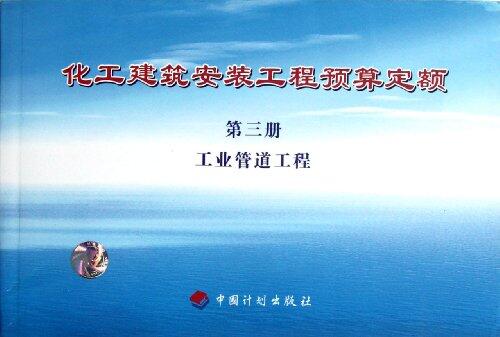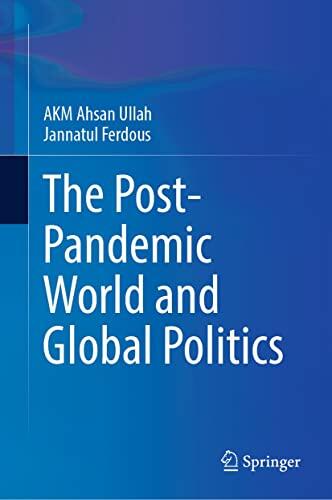
The Post-Pandemic World and Global Politics
还没有评分
Science & Technology
Business & Economics
Health & Wellness
格式
Kindle
页数
347
语言
中文
已发布
Jan 1, 2022
出版商
Springer
ISBN-10
9811919100
ISBN-13
9789811919107
描述
In the aftermath of a global pandemic, society faces a transformative reality that reshapes political landscapes across the globe. The authors delve into the nuances of how nations have adapted to unprecedented challenges, analyzing shifts in governance, international relations, and public policy. With a keen focus on the intersection of health crises and politics, the narrative explores how governments have responded to their citizens' needs and the implications for democratic ideals.
As countries grappled with the fallout of widespread health emergencies, the authors uncover the varied strategies employed by different governments. They highlight the successes and failures that emerged, providing critical insights into the effectiveness of leadership during times of crisis. Each chapter thoughtfully examines the ripple effects these decisions have had on global cooperation and conflict, making it clear that the post-pandemic world is one of both challenges and opportunities.
Engaging with contemporary issues, the discussions provoke thought about the future of governance and global interactions. Readers are invited to consider how the lessons learned from the pandemic can inform a more resilient political framework, one that prioritizes human welfare and global solidarity moving forward.
As countries grappled with the fallout of widespread health emergencies, the authors uncover the varied strategies employed by different governments. They highlight the successes and failures that emerged, providing critical insights into the effectiveness of leadership during times of crisis. Each chapter thoughtfully examines the ripple effects these decisions have had on global cooperation and conflict, making it clear that the post-pandemic world is one of both challenges and opportunities.
Engaging with contemporary issues, the discussions provoke thought about the future of governance and global interactions. Readers are invited to consider how the lessons learned from the pandemic can inform a more resilient political framework, one that prioritizes human welfare and global solidarity moving forward.


